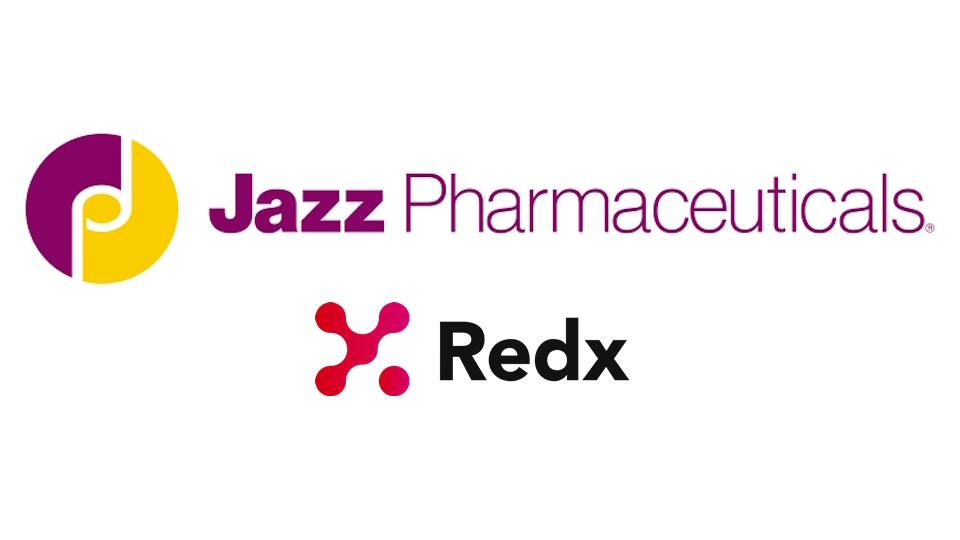Jazz buys KRAS inhibitors from Redx in $880m deal

Jazz Pharmaceuticals has agreed another pipeline-building deal, this time paying $10 million upfront for rights to a KRAS inhibitor programme from UK biotech Redx Pharma, continuing a move into targeted cancer therapies.
Under the terms of the deal, Jazz will acquire Redx’s KRAS inhibitor programme outright, including multiple preclinical-stage drug candidates, and will take responsibility for ushering the most promising compounds through clinical trials and onto the market.
There’s another $870 million on offer tied to the achievement of development, regulatory, and sales milestone payments in addition to royalties on future net sales.
Jazz is hoping to follow in the footsteps of pioneering KRAS inhibitors Amgen’s Lumakras (sotorasib) and Bristol-Myers Squibb’s Krazati (adagrasib), acquired as part of its $5.8 billion takeover of Mirati that completed last month.
Both Lumakras and Krazati had been FDA-approved as second-line therapies for KRAS G12C-mutated non-small cell lung cancer (NSCLC) – in 2021 and 2022, respectively – and marked the culmination of a decades-long effort to develop inhibitors of KRAS, which for a long time was considered an ‘undruggable’ target.
Expectations were high for both drugs, but sales have yet to gather much momentum. Amgen reported yesterday that full-year 2023 sales of Lumakras were $280 million, a dip on the prior year, while Mirati said that Krazati brought in just $36 million in the first nine months of 2023, ahead of BMS’ acquisition. BMS did not break out sales of the drug in its fourth-quarter update.
“KRAS is a well-validated oncology target and there remains a high unmet need for innovation in this area based on challenges in developing molecules to target specific KRAS mutations,” said Robert Iannone, head of R&D at Dublin, Ireland-headquartered Jazz.
“Redx has discovered a number of preclinical KRAS candidates and we plan to leverage our collective oncology development expertise to identify and advance the most promising molecules towards the clinic,” he added.
Jazz’s move into the KRAS category comes shortly after AstraZeneca licensed a KRAS G12D inhibitor from Chinese biotech Usynova for $24 million upfront in a deal that also includes up to $395 million in development and commercial milestone payments.
Other companies with KRAS inhibitors in the pipeline include Eli Lilly/Incyte, MSD, Novartis, Roche/Chugai, Revolution Medicines, and Quanta Therapeutics.
GlobalData recently predicted that the market for KRAS-targeting drugs in oncology could reach $4 billion by 2029, with Lumakras and Krazati accounting for around $1.4 billion of that total.
Jazz has been adding to its pipeline with a series of deals, including a $770.5 million partnership with Autifony for central nervous system drugs targeting ion channels last year, plus two licensing deals in 2021 for Zymeworks’ HER2-targeted bispecific antibody zanidatamab and Werewolf Therapeutics’ WTX-613, a prodrug of the cytokine interferon alfa-2b, respectively worth more than $2 billion and $1.3 billion.













